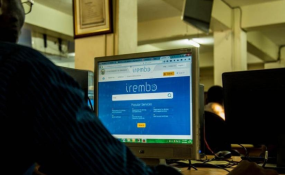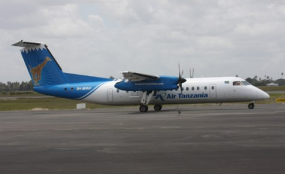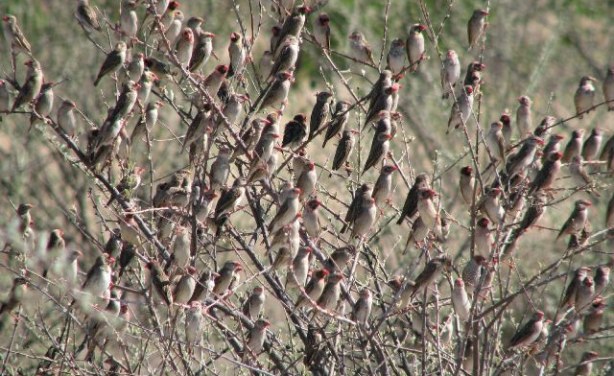OPINIONBy Desire Ngabonziza
Rwanda, under the leadership of President Paul Kagame, who is also the chair of the UN Broadband Commission for Sustainable Development, is among the African countries that are working towards realising the broadband connectivity targets necessary for meeting the Sustainable Development Goals launched this year.
Among the innovative ways to achieve these connectivity targets, include the unique broadband deployment model that Rwanda has chosen and has proven to be the best at least for any country looking at realising universal broadband access in shortest time possible and save on required traditional investment.
Now that broadband is accessible in major cities of the country and continues to expand, innovation and creativity towards utilising this opportunity is timely.
Indeed, it has started being witnessed from e-commerce platforms to various smart initiatives: smart logistics, smart lighting, smart surveillance and many more ventures still on small scale.
It’s needleless to mention that the availability of broadband connectivity plays a crucial role in improving key sectors for the socio-economic transformation of the country such as education, health and environment.
Many players in wide-ranging sectors of the economy have started taking advantage of the broadband access by initiating services to instill efficiency, be it in public or private sectors; the best example being the Irembo platform that offers public services online.
At its early stage the impact is huge on people’s lives; no more queuing up for hours, no more unnecessary travels; the list is endless.
Apart from Government initiatives such as Irembo or online tax declaration and payments, there has been a tremendous change within financial institutions who day-on-day keep taking their services closer to the clients in the most innovative ways through online financial transactions, as well as through integration of mobile-based payment systems (commonly referred to as mobile money) with traditional banking and making it possible to control transactions on finger tips.
Such development constitutes a ground breaking for the needed fully fledged e-commerce, mainly handicapped by lack of well integrated payment gateways accessible and affordable to many in the supply chain.
As deliberated and stressed in the Dubai meeting in April 2016 by commissioners of the UN Broadband Commission for Sustainable Development, broadband networks, services and applications have enormous potential to deliver dramatic results in education, health and socio-economic growth;
Rwanda has made it a priority to capitalise on the realised broadband connectivity and impact the required changes in the service delivery.
The Government of Rwanda is taking the lead by improving the education, health, local administration and security and safety towards well connected, integrated and well managed systems towards efficiency; and very soon the results shall be witnessed at large and more innovations are expected to build on such integrated systems.
The universal wireless broadband connectivity adopted by the country is well aligned with the world’s trends in consumer mobile device usage and adoption, especially the smartphones where the number of smartphone connections globally will increase by 2.6 billion by 2020 (GSMA Mobile Economy 2016).
The same report points out that at the end of 2015, up to 2.5 billion individuals across the developing world were accessing internet through mobile devices.
Although Rwanda is slightly below the current average of 40% mobile broadband connection in developing world, the combined efforts by operators and policy makers, mainly through 4G broadband connectivity, will soon lead to a tremendous improvement in the number of connections.
Equally important to mention is the cost of compatible devices that is dramatically decreasing with some of the 4G devices costing ~ 40 USD.
Based on the realities on the ground and the trends in mobile ecosystem, it’s fair to say that all elements are in place to expand what has been seen on small scale and create the needed impact to cause socio-economic transformation.
Developers, systems integrators and services providers across the industry are more needed than ever.






